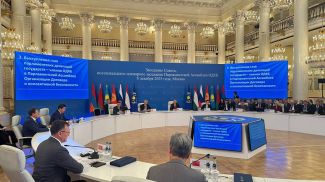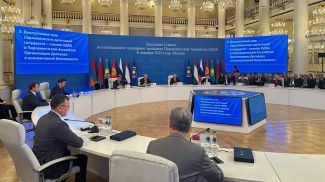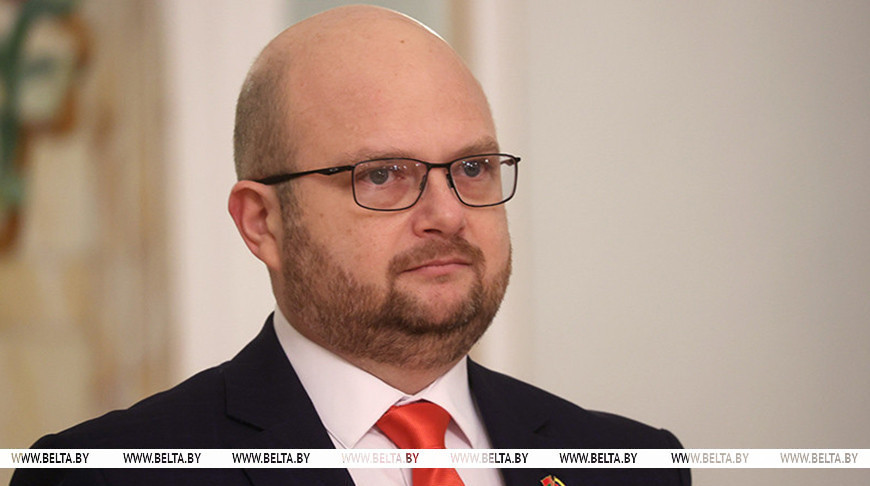
MINSK, 8 October (BelTA) – Legal awareness is about voters’ willingness to play an active role in elections, Ambassador Extraordinary and Plenipotentiary of Venezuela to Belarus Franklin Ramirez Araque said at the plenary session of the international conference “Building legal culture as a factor for harmonious and sustainable elections” during the 2nd International Electoral Forum in Minsk on 8 October, BelTA has learned.
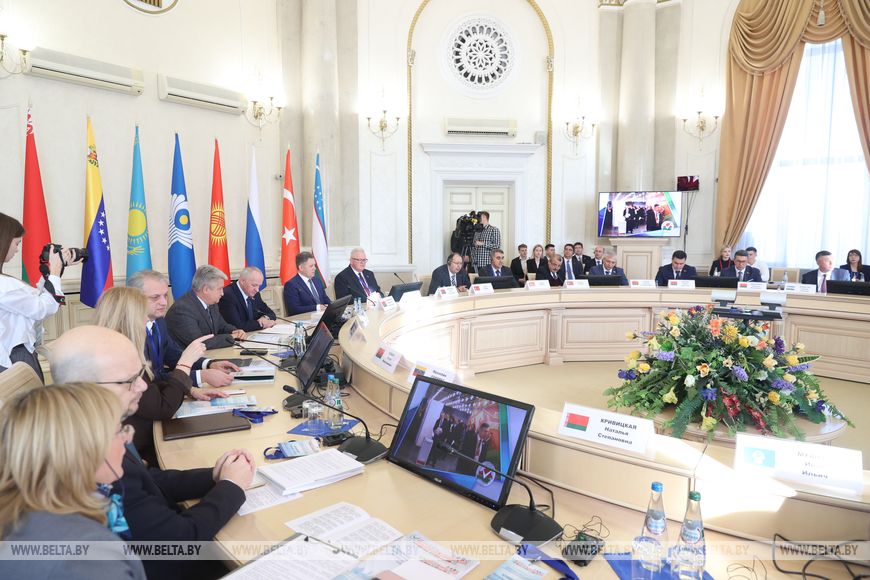
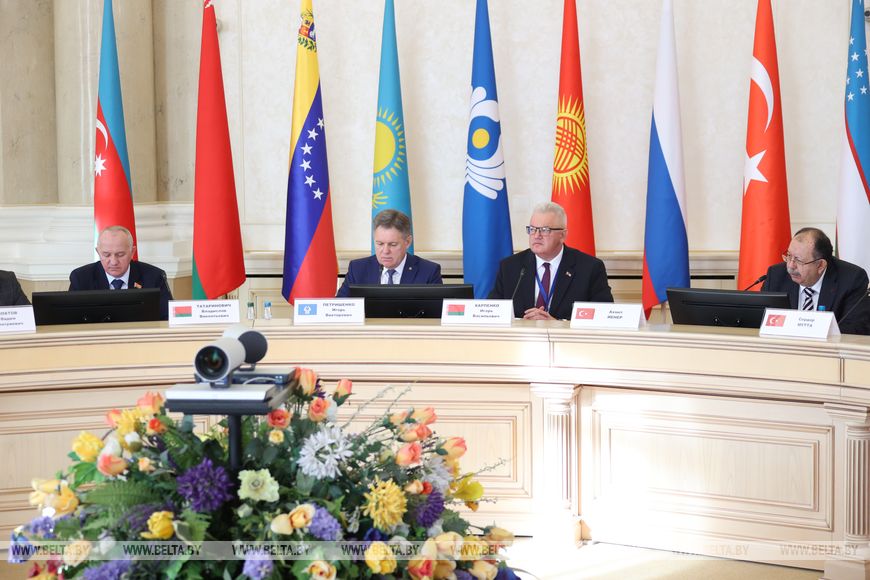
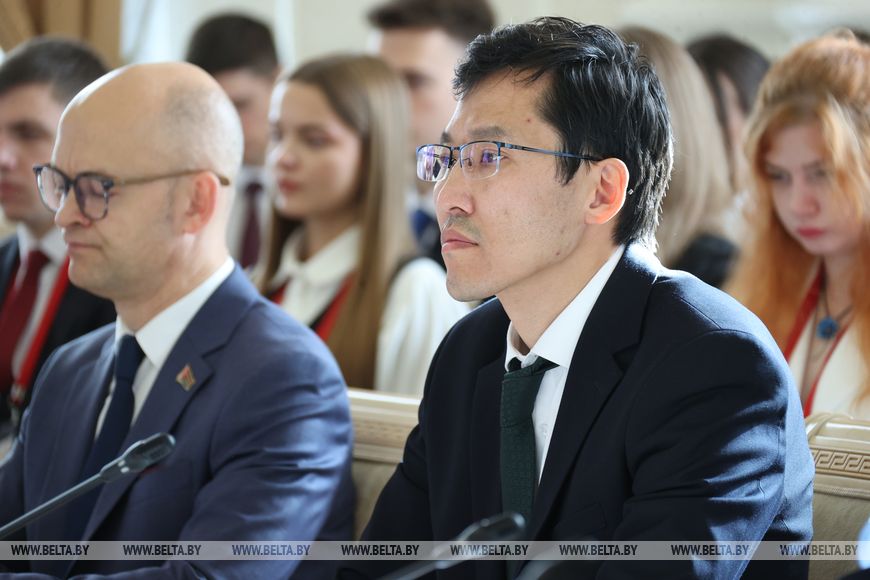
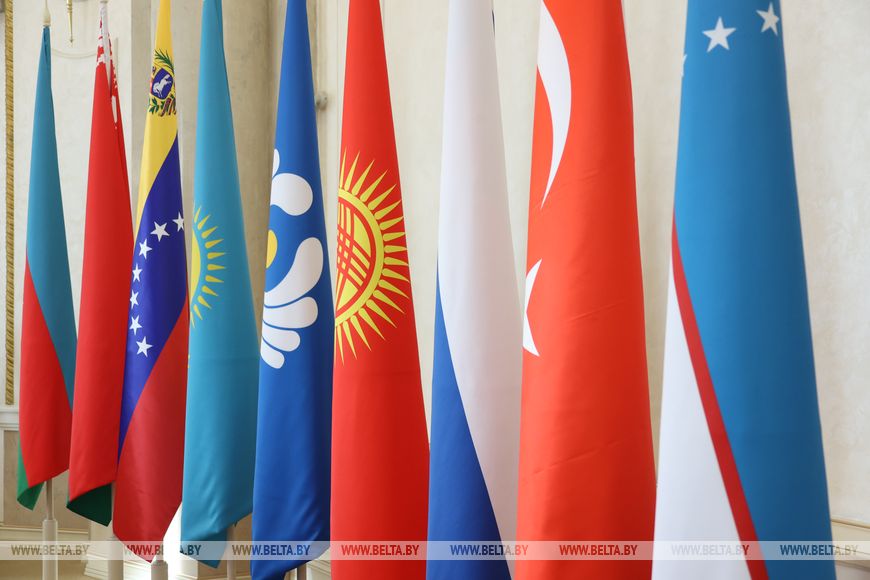
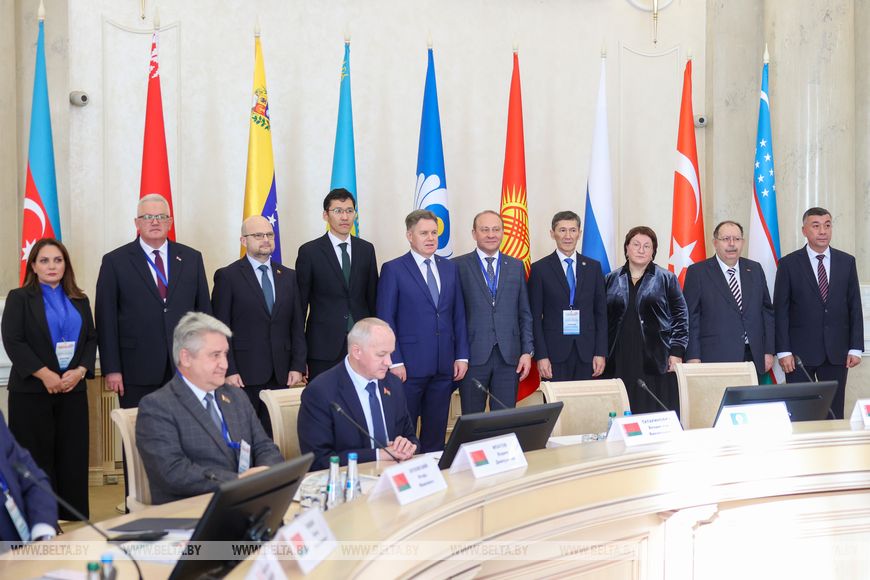
“This legal awareness is about voters’ confidence that their vote matters, in the understanding of procedures, and in the willingness to play an active role in the electoral process, not limited to simply voting,” the ambassador said. According to him, this is the foundation for social harmonization, which helps avoid political tension and guarantees the sustainability of state institutions.
Ambassador Franklin Ramirez Araque explained that Venezuela has developed and implemented a fully automated election system that carries out a whole range of operations from voter identification to vote counting. This system is complemented by a reliable audit scheme: cross-checking voter lists, and public oversight of polling stations after the voting is completed.

“But we have learned that trust is not based on technology alone. The true strength of the system lies in citizen participation at every stage: in the compilation, verification, and updating of voter lists, and in the candidate nomination process,” he said.
Elaborating on the topic, the ambassador noted that during an election campaign, citizens exercise their right to access information and also have the opportunity to report violations to the competent authorities. On voting day, they work as members of precinct election commissions or observers, and they directly monitor the vote count. Thus, a legal norm becomes a social practice that strengthens collective trust.


Ambassador Franklin Ramirez Araque pointed out that one of the main topics of the forum in Minsk is voter education, an aspect Venezuela also focuses on. “We are implementing educational programs tailored to different population groups,” he said.

Within this program, young people develop an understanding that the right to vote is a tool for change and transformation in the state. First-time voters are introduced to the rules and technological specifics of the voting process. Through training, members of election commissions and observers gain a clear understanding of their role as legal and technical guarantors of the process.
The ambassador stressed that the goal of these measures is absolutely clear: a citizen should not only participate in elections but also understand the legal and political significance of their actions.






